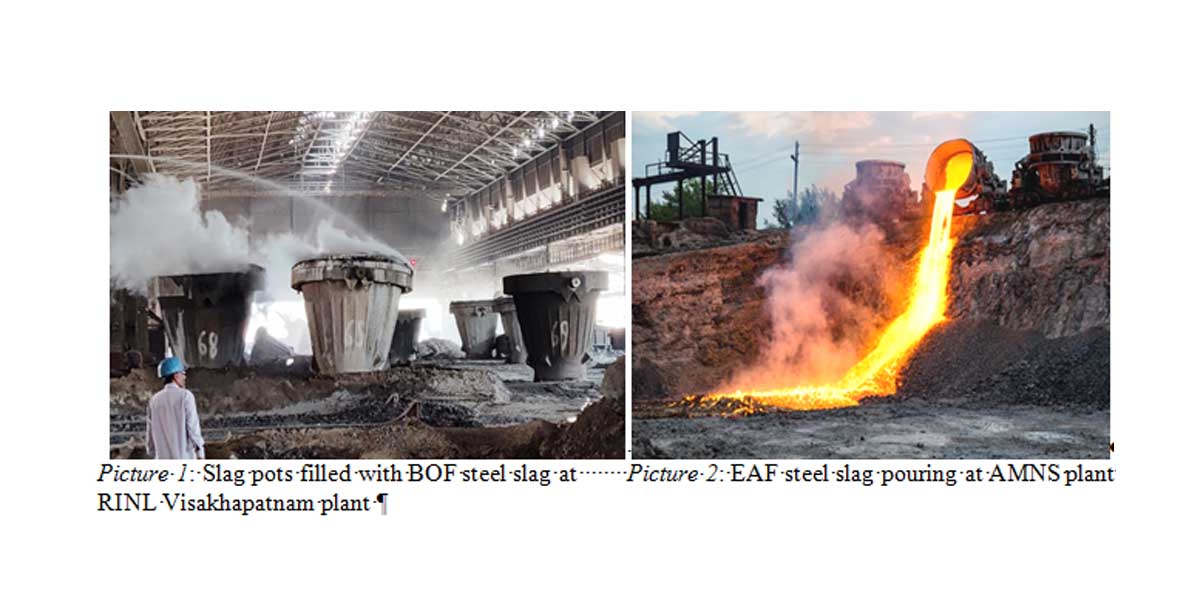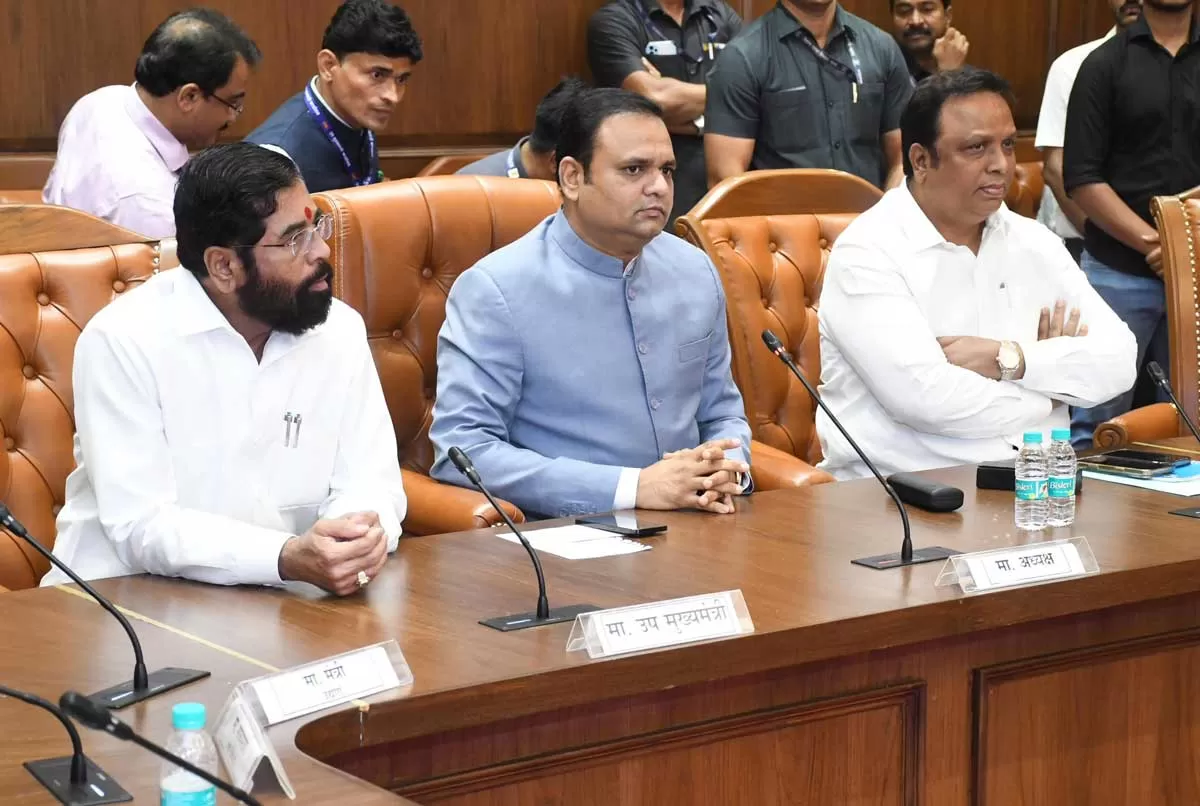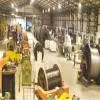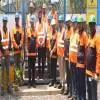
Here’s why steel slag aggregate is an ideal solution for building road

Walplast Unveils Homesure TileEx Cementitious Tile Grout
Walplast, India’s third-largest Wall Putty manufacturer, has launched Homesure TileEx Cementitious Tile Grout, a premium solution designed for durability and aesthetics. This polymer-modified, cement-based grout offers strong adhesion, low shrinkage, and easy workability, filling tile joints up to 3 mm.Available in a 1 kg pouch, TileEx comes in 11 colours, including Cotton Wool, Gold Standard, Caffeine, and Platinum Grey, allowing seamless or contrasting finishes. Suitable for ceramic, vitrified, and natural stone tiles, it is ideal for bathrooms, kitchens, and commercial spaces. Its water-r..

Maharashtra Government Directs BMC to Complete Road Concretisation by May 31
The Maharashtra Government has instructed the Brihanmumbai Municipal Corporation (BMC) to complete all ongoing road concretisation work in Mumbai by May 31 and not to undertake any new projects.This decision was taken during a meeting convened by Speaker Rahul Narvekar with Mumbai MLAs to address concerns over alleged mismanagement and irregularities in the road concretisation work.According to news reports, the meeting also decided that a review of the progress would be conducted by the end of April. Additional Municipal Commissioners have been directed to coordinate with various utility agen..

Afcons MD S Paramasivan Appointed PEPC Chairman
Afcons Infrastructure’s Managing Director, S Paramasivan, has taken over as Chairman of the Project Export Promotion Council (PEPC). He assumed office on 24th March in New Delhi, succeeding his tenure as Vice-Chairman from 2023 to 2025. A R Soni, EVP and Head of Corporate Affairs at L&T, has been appointed Vice-Chairman.Established by the Ministry of Commerce and Industry in 1984, PEPC supports Indian project exporters in securing and executing overseas projects. Commenting on his appointment, Paramasivan said, “I am honoured to take on this responsibility and look forward to stren..














